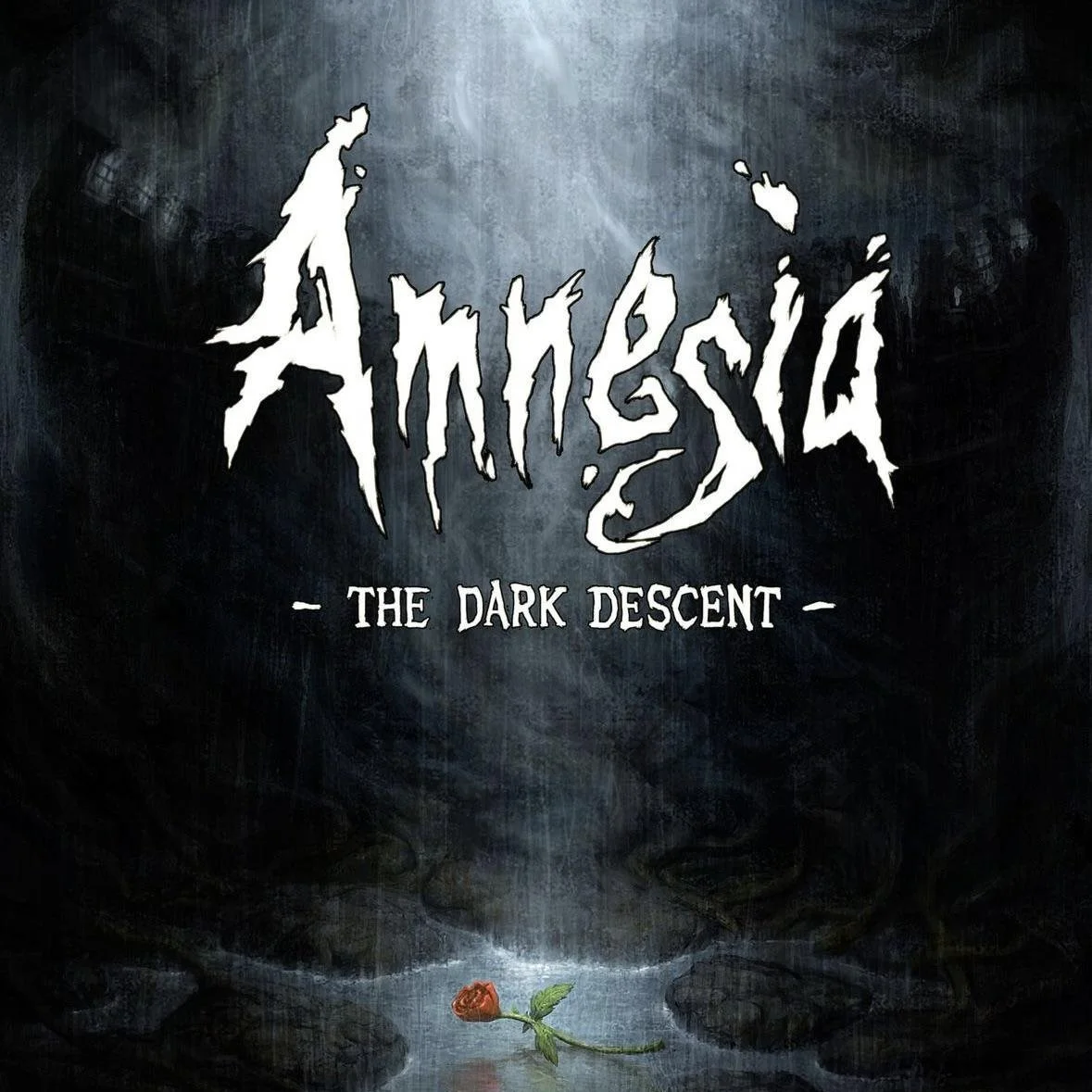amnesia
Released in 2010
Phobias That Can Be Triggered in amnesia
Achluophobia / Nyctophobia – Fear of the dark
Trigger: Prolonged darkness, dim hallways, hiding in unlit corners
Why: Darkness is a core mechanic in Amnesia — it disorients the player, increases fear, and can even cause the character to hallucinate, making it impossible to avoid.
Acousticophobia / Phonophobia – Fear of loud or sudden sounds
Trigger: Sudden shrieks, monster growls, thunder, or doors slamming
Why: The game uses audio as a weapon — sudden and discordant noises happen with little warning, heightening panic and sensory overload.
Agoraphobia – Fear of open or vast spaces
Trigger: Large, empty halls or courtyards with echoing silence
Why: These open spaces often offer no cover, and being exposed without safety builds vulnerability and unease.
Autophobia – Fear of being alone
Trigger: Extended solo exploration, eerie silence, or isolation from other characters
Why: You are completely alone for the majority of the game. The absence of help, comfort, or even communication can be deeply unsettling.
Claustrophobia – Fear of confined spaces
Trigger: Crawling through tunnels, being trapped in tight cells or narrow hallways
Why: Many environments are cramped and force the player to hide in closets or corners, simulating suffocating conditions.
Dementophobia / Nosocomephobia – Fear of insanity or hospitals
Trigger: Daniel’s descent into madness, sanity meter distortions, and flashbacks
Why: Losing control of your perception, especially through visual and auditory hallucinations, can trigger fears tied to mental instability.
Hemophobia – Fear of blood
Trigger: Pools of blood, gore, or injury-related flashbacks
Why: Though not as graphic as some modern horror games, Amnesia features plenty of implied violence and disturbing bloodstains throughout its environments.
Necrophobia / Thanatophobia – Fear of death or corpses
Trigger: Discovering decaying bodies, being stalked by death-like creatures, or facing your own mortality
Why: Death is omnipresent, not only as a threat but as a theme — the game regularly reminds you that you’re facing things worse than death.
Phonophobia – Fear of sound (especially unexpected)
Trigger: Creaking floorboards, monster footsteps, ambient howling
Why: Sound is your primary warning of danger — but it’s often misleading, manipulated to stress you and make you feel hunted.
Scopophobia – Fear of being watched
Trigger: Staring paintings, hidden monsters, and camera-like monster focus
Why: The feeling of being observed (by enemies or the environment) is ever-present. You rarely see your stalkers, but you know they see you.
Spectrophobia – Fear of ghosts or spirits
Trigger: Apparitions, haunting memories, shadow beings
Why: The supernatural is subtly interwoven throughout the game — from shadowy entities to spectral noises and visions — creating a spiritual unease.
Topophobia – Fear of certain places or cursed environments
Trigger: The prison, torture chambers, and flooded archives
Why: Many locations are steeped in historical suffering and literal darkness, tapping into fear of cursed or “wrong” places that hold trauma.
Trypophobia – Fear of clusters of small holes or bumps
Trigger: Flesh-like wall textures, diseased or corrupted organic growths
Why: Certain areas and textures feature unnatural, bumpy, or organic hole-ridden visuals that can provoke a visceral response in sensitive players.
